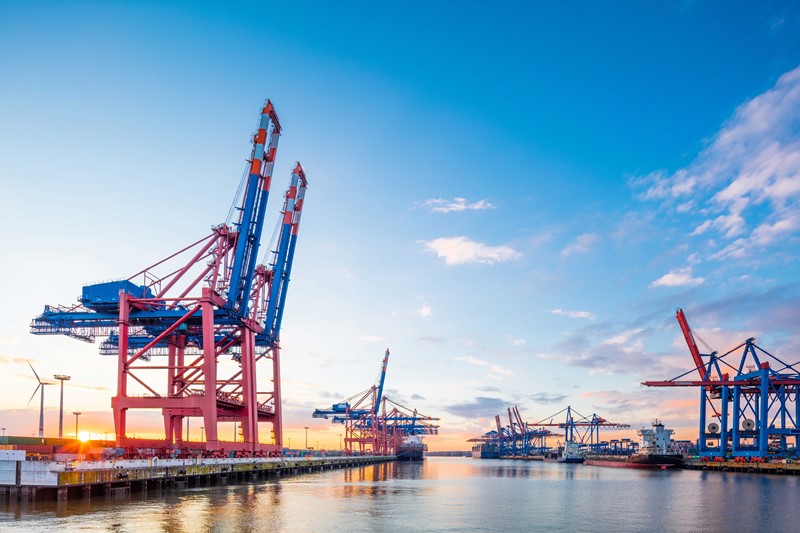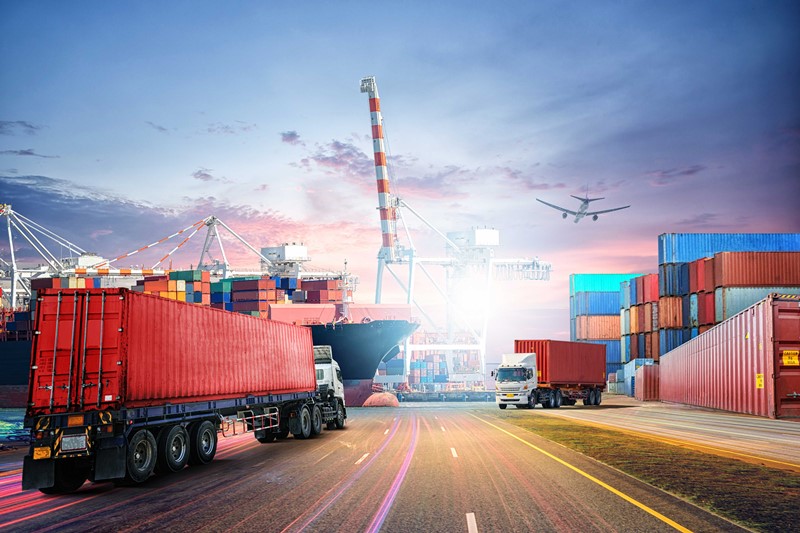Articles
Preparing Ourselves for the Logistics 4.0 Era
28/02/2018By Jareeporn Jarukornsakul
Chairman of the Board of Directors and Group CEO, WHA Corporation PCL
Republished by Krungthep Turakij, September 2017
The time for defining “Logistics 4.0” is now over. What matters today is to focus on our next moves as we enter the Logistics 4.0 era.
Why Logistics 4.0? This question may have been raised repeatedly when land prices, construction costs and wages were not very high. But today, the game has changed. The question we ask now is “What can be done to lower logistics costs?”
It is true that modern technology may help, and sometimes, even cut total costs by half. However, robots and new technology cannot just replace humans to meet the demand of Logistics 4.0. From my many years of experience in this sector, there are three important factors to be considered.
First is infrastructure. Aside from ocean freight, rail is one of the most cost-efficient transport methods. But since our country’s railways system is not good enough to support our logistics operations, we still rely on cars and trucks, leading to higher costs.
At present, the Thai government has invested in megaprojects to improve different modes of transportation - air, water and land (rail or road) to support fully-integrated logistics. Many people wonder if the huge investments spent on these projects are really worth it.
During my early years in this business, logistics costs represented around 18%. This has gone down today to approximately 14%. Once the transportation infrastructure projects are completed as planned, I believe that the government’s goal to bring down logistics costs to 12% can become a reality within the next five years. Ideally, logistics should only be a single-digit cost in order to enhance Thailand’s competitiveness on the international stage.
The second important factor for Logistics 4.0 is not about technology - such as Artificial Intelligence (AI), Robotics, Internet of Things or Big Data. It is about human resources.
In order for the 10 government- promoted superclusters to work, we need more than a workforce with highly-specialized skills in the target industries. We will also need people with logistics skills since it is essential for all industries.
Recently, a lecturer from a top university asked me how to develop the logistics course being offered. I explained that logistics entrepreneurs in various fields might look for staff with different skills and knowledge. Therefore, I suggested that universities could focus on topics such as Consumer, Temperature Control and E-commerce. The fundamental concepts learned when we discuss such areas could easily be applied to different businesses.
Most important of all, courses must promote the students’ critical thinking and teach them how to apply knowledge to work practices.
In essence, we must develop our human resources and ensure our labor force is qualified. The recent news is about minimum wage issues, which could surprise many people. What we should be focusing on is how to turn the 10 supercluster project into reality. If we encourage continuous self-development among our workforce, then we won’t have to worry about the minimum daily wage.
I have a client in the aerospace industry who hired a person with a vocational degree. Would you believe that this person’s salary increased to 80,000 Baht within just a couple of years? This illustrates that with the right skills and the potential, you can earn a big salary.
The last factor is entrepreneurship. I am not worrying about foreign entrepreneurs, since they already have the knowledge. Rather, I am referring to Thai entrepreneurs, especially those with small businesses who think that the transition into the 4.0 era requires big investments and a lot of work they have to do themselves. Do you know that entrepreneurs overseas do not need to start with a lot of money? This is because they identify potential partners and join hands to make their business work together.
Alibaba is a good example. If you have studied this, you know that Jack Ma created a platform for small business to post their products. His business cost was only the salary of his employees. To date, Alibaba does not stock its own goods, but has hundreds of thousands of suppliers offering their products. The company does not need warehouses and logistics systems. Instead, Alibaba outsources third party companies to handle all the logistics processes.
Last but not least, I would like to tell you this – Do not to be afraid of change. Instead, learn how to deal with it. The arrival of new technology will make your life easier, and your business more productive. The important thing is for you to make the most of these new technologies.



